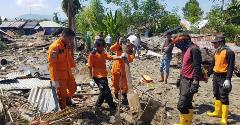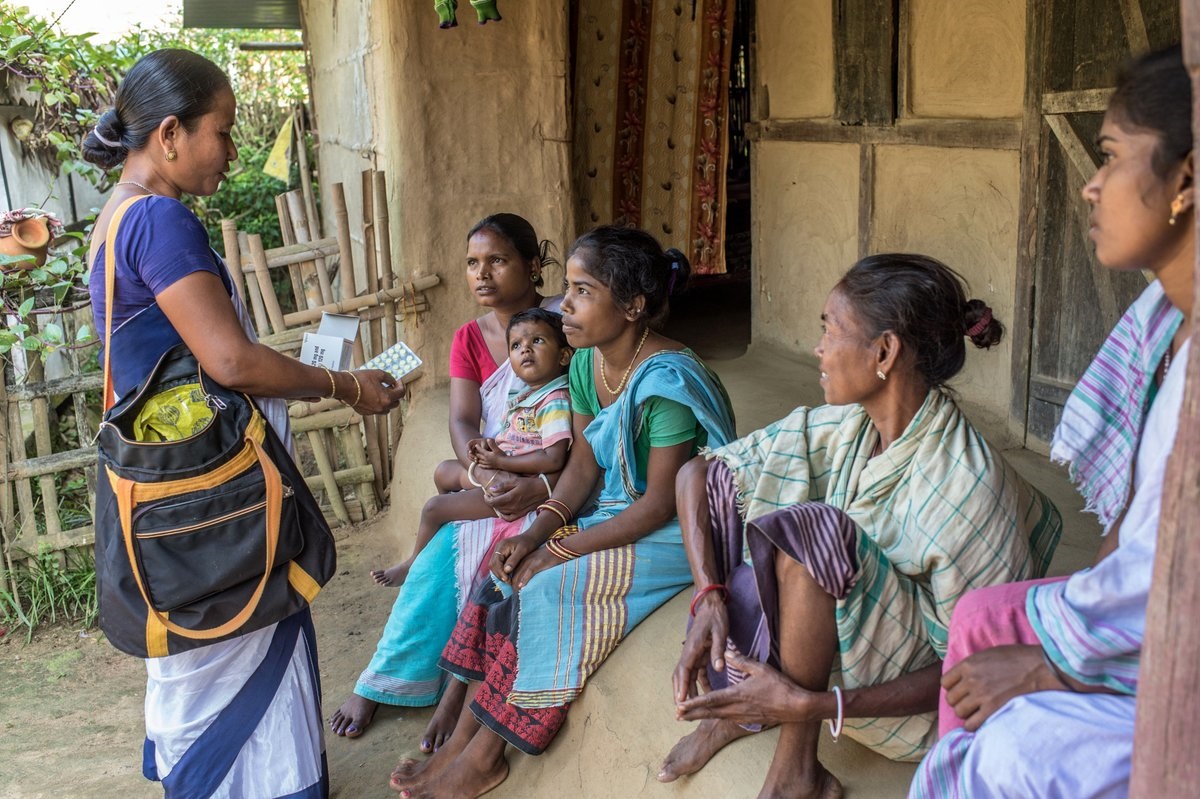
Collaborating Centers in WHO South-East Asia Region
WHO Collaborating Centers are institutions designated by the Director-General of WHO that form a part of an international collaborative network carrying out activities in support of the Organization's programmes in countries, regions and at headquarters.
WHO collaborating centers are indispensable partners in advancing WHO technical work at the country, regional and global levels.
As of January 31, 2022, there are 105 active WHO Collaborating Centers across 8 member states of WHO South-East Asia Region.Contact
Ms Rajni Chutani (for administration enquiries)
[email protected]
Dr Manju Rani (for technical enquiries)
[email protected]
Related links:
Policy Documents:
Highlights of collaboration with WHO CC
Collaborating with National Institute of Virology, Pune, India
Developing a regional laboratory manual for combating Nipah Virus in WHO South-East Asia Region

The Nipah virus infection is a newly emerging zoonosis, that has been declared as one of the World Health Organization’s top eight emerging pathogens in 2017. Outbreaks have been identified in India and Bangladesh in WHO South-East Asia Region. Among many strategies recommended to combat Nipah virus in the Region, one was to develop a regional laboratory manual to establish, strengthen and improve essential laboratory techniques for diagnosis, biosafety practices for Nipah virus.
WHO South-East Asia regional Office collaborated with National Institute of Virology (NIV), Pune, India in developing this laboratory manual. NIV has been newly designated as WHO collaborating Center for Strengthening Capacity for Emerging Infectious Diseases on March 9, 2020. NIV is one of major institutes of the Indian Council of Medical Research and established in 1952 as Virus Research Center. Previously, NIV has collaborated with WHO on Arbovirus research. The draft laboratory manual for Nipah virus developed in active collaboration with NIV will be further reviewed by regional and global experts for approval and further dissemination in 2022.







![WHO CCs by Country - Feb 2022 WHO CCs by Country (number, percentage of total Regional WHO CCs[105]), as of February 2022.](/images/default-source/searo---images/partnerships/who-ccs-by-country---feb-2022.tmb-1920v.png?Culture=en&sfvrsn=11cafafa_1)
